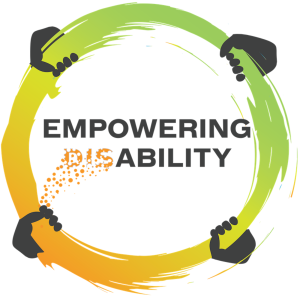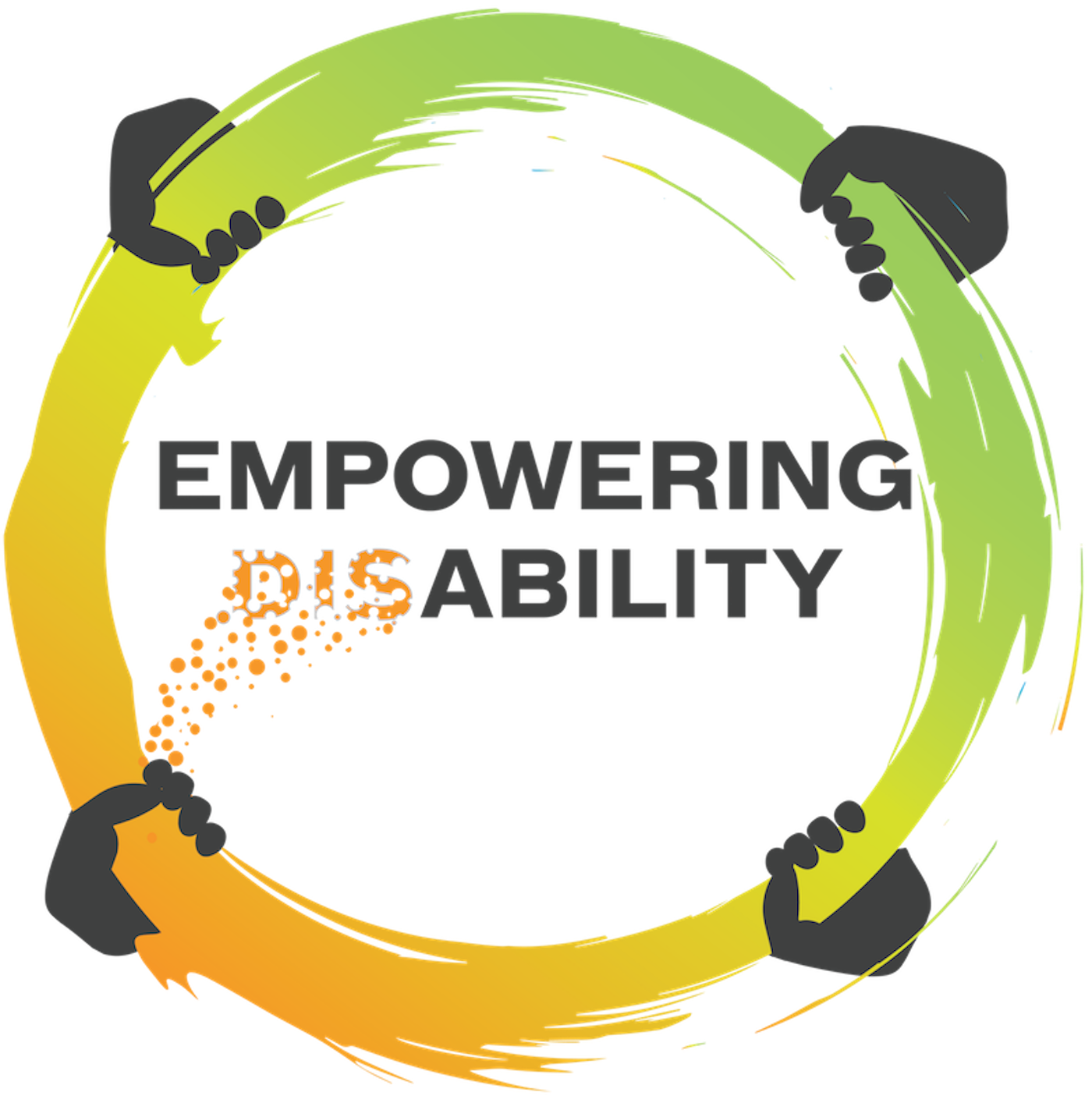Episodes

Tuesday Aug 29, 2017
#026: A 4-Part Strategy for Building Natural Relationships, With Janet Klees
Tuesday Aug 29, 2017
Tuesday Aug 29, 2017
We welcome Janet Klees back to the podcast/ blog this week discuss building natural relationships, bio medical approaches to well-being, and the different approach her organization, Durham Association for Family Respite Services, takes to supporting families. Janet has been involved in the lives of people with disabilities, their families, and allies in community for over 30 years. She is the author of three books which are directly rooted in her experience with the Deohaeko Family Support Network, (We Come Bearing Gifts; Our Presence has Roots; Deohaeko Decades) and which are now sold around the world to present the unique options of this family group.
So how is Durham Association for Family Respite Services different? Janet explains that often a family’s first question is: “Can I pay you to do that for me?”. Janet’s answer is: “Well no. But I will teach you, and give you practical supports along the way.” The organization believes so strongly in the approach of empowering individuals and families to make their own choices and keeping control of their lives that they are changing their name to the Durham Association for Family Resources and Supports.
The organization started 35 years ago as a family respite organization, and has since evolved to focus on full life planning, and helping families to think about what a good life is. The organization is grounded in Social Role Valorization (SRV) methodologies and some of the services they offer are listed here. I am listing these services for you because the organization frequently hosts free workshops that you can attend, and they are open to having a conversation with you – even if you are from outside of the Durham Region.
-
Facilitation and planning; helping people imagine what a good life is, creating a plan and putting the plan into action.
-
Support recruitment; helping people recruit good support people, and providing a minimum a one day training to make sure they understand a SRV style of support.
-
Administrative support; templates and forms to make hiring support easier.
-
Free Training; workshops for families and supporters to learn what has worked to help people with disabilities create a good life.
-
Family to family learning; families get together to talk about themes, such as housing and bio medical (non-medication) approaches.
-
Brokering and financial supports; helping families by doing the administrative functions with individual funding dollars.
Building Context for Relationships
BCR is a Strategy that was figured out while working with the families of Deohaeko Family Support Network. The parents were very clear that there was need to have relationships in their son’s and daughter’s lives. The group looked at what they were doing right, instead of what they were doing wrong, and this pattern emerged. What they noticed is that relationships had evolved between people with a disability, and people that do not have a (visible) disability.
The Deohaeko Family Support Network had taken a social role valorization (SRV) approach. Janet provides an overview of SRV:
“The SRV framework says that human beings are very judgmental by nature. We make quick judgements about whether you are like me, or you are weird and different. We can take this human tendency and use it for the good by developing positive roles, such as the Blue Jays fan, the dog walker, etc.. This strategy has helped people create positive roles, and the roles are like a glue. In the role you end up meeting other people who see you in a positive way, and those people end up being open to a different kind relationship in your life. We don’t group people together – when we group people with a disability all (other) people see is the disability. They don’t see the person for who they are and the positive roles they have. Often, families haven’t thought about their son or daughter as a contributing member. We haven’t thought about what son or daughter’s job might be.”
Janet provides a larger overview of SRV in this blog.
BCR: A 4-Part Strategy to Create Situations Were Relationships Are More Likely to Arise.
Janet explains:
1) Find ordinary places where people share your interest. Follow the interests of the person and think about where other people are that are interested in your interest. For example, if your interest is dogs other people interested in dogs are at: the dog park, dog training, walking dogs, dog clubs, stray dog associations, etc.. We are looking for typical and ordinary places in community, not places segregated for people with a disability.
2) Go to the same place frequently. To build relationships you need to be among the same people regularly. Pick one place, use your 1 to 1 support to support, and be there often (ex. Once per week).
3) Find a way to contribute. You want people to have a role in those places in community. So often people with a disability are just spectators. If you look at a music festival most are just spectators, but there are so many opportunities to have a role as a volunteer (ex. free samples, filling water bottles, assistant to the golf cart driver). This gives the person a role, and makes relationship easier.
4) Other people have to be present. Supporters are a bridge to relationships with others, and they need to play a role in facilitating relationships. The paid support person can be looked at as the friend. They are being paid and likely will not be there for that person’s entire life.
BCR In Action:
On the podcast Janet shares several stories of how people have used the BCR strategy to build relationships. You can listen to the podcast to hear them all.
Paraphrasing from the podcast, Janet shares Johnathan’s story:
“Johnathan has a small shredding business that he takes it into work places. He was working at the local police station, and really enjoyed it. He felt like he was important, and he felt like he belonged. That police station was closed down, but hey really valued Johnathan so he was invited to the big regional police station to continue his role. After 3 weeks at the regional police station Johnathan said he didn’t want to go anymore. They had put him in a backroom alone to do his shredding, and he didn’t have his relationships anymore. The shredding business was just a vehicle for relationships. When the relationships weren’t there, he no longer wanted to work. They talked to the police station, and Johnathan moved to a room where he was with people and he enjoyed his job again – because of the relationships.”
Bio- Medical (non-medical) Approaches
In a recent study, led by Yona Lunsky, psychologist at Centre for Addiction and Mental Healthfound that thousands of people with down syndrome, autism and other developmental disabilities are being prescribed anti-psychotic medication despite a lack of evidence that the drugs actually help them. (Reference: Toronto Star)
This highlights the importance of thinking about bio-medical approaches to well-being for people with disabilities. The Durham Association for Family Respite Services has started a family group to discuss this, and they are learning about the impacts of diet, exercise, and mindfulness (of supporters) as alternatives to medication. In my opinion, these are common sense approaches that can be explored at little cost that can get down to the root cause of symptoms or behaviors that a person is experiencing. Peter Marks of Conscious Care focuses in this area, and you can find additional resources on his website. We are hoping to have Peter on an upcoming episode to learn more about these approaches.
I thank Janet for coming onto the podcast and sharing her experience in helping people with disabilities to build relationships, and for getting us thinking about non-medical approaches to well-being.
If you enjoyed this blog/ podcast Subscribe to our mailing list and get a new episode every week!
Love & Respect,
Eric
Resources:
Purchase These Books to Learn More Lesson's from Janet Klees:
"We come bearing gifts" by Janet Klees
"Our Presence has roots" by Janet Klees
Free learning events In Durham Region: Click Here
Durham Association for Family Respite Services Monthly newsletter: Click Here
Housing website: imagininghome.ca
Peter Marks: Conscious Care
Contact Janet Klees: janet@legacies.ca
If you received value from this content please leave me a review on iTunes. By leaving a 5 star review on iTunes you make the Empowering Ability Podcast more discoverable, and more families will benefit. Click Here To Leave a Review on iTunes
The Empowering Ability Podcast is available on iTunes and various other apps so that you can listen while on the go from your smartphone!


No comments yet. Be the first to say something!